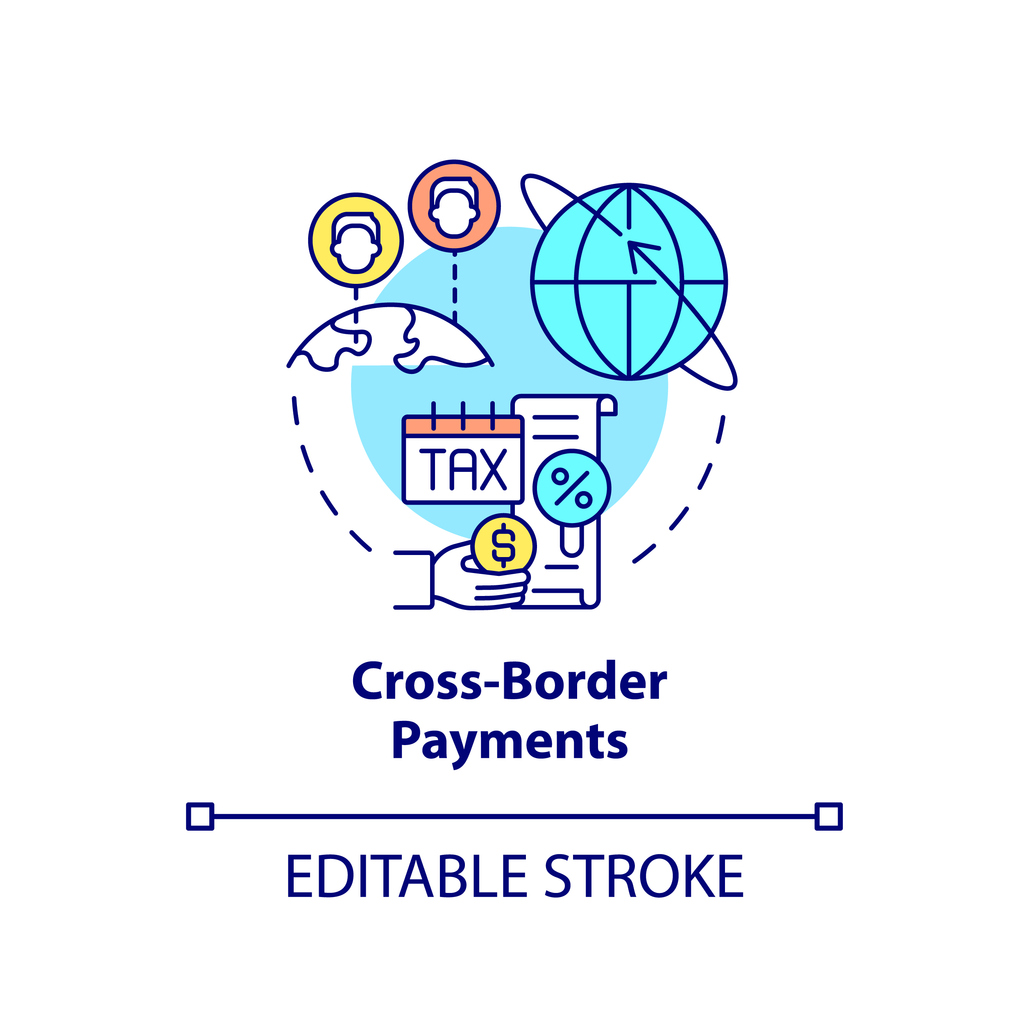Shipping Goods from Australia to Kenya: A Step-by-Step Guide
Shipping Goods from Australia to Kenya: A Step-by-Step Guide
Shipping goods from Australia to Kenya is not as challenging as you might think. Shipping between these two countries is fairly straightforward, with both direct and indirect shipping options available. Direct shipping means sending your parcel directly from point A to point B. This can be done by booking a carrier that has direct flights between Australia and Kenya, such as Emirates or Air New Zealand (but do check their cargo capacity first). Alternatively, indirect shipping requires an intermediate stop – but this still makes things much simpler than you may think. Shipping goods from Australia to Kenya via another third country is known as a “parcel forwarding” service, which can be easily set up online in just a few minutes. Read on for more information on the ins and outs of shipping goods from Australia to Kenya.
Check the Customs Regulations
As with any international shipping, it’s critical to understand the customs regulations for both the country of departure and the country of destination. In terms of the destination, customs regulations for Kenya are available online, detailing everything from prohibited items to restricted items. This is particularly important for items classified as “hazardous” goods, which may not be permitted entry into Kenya at all. It’s also important to check the customs regulations for Australia, where some goods are prohibited or require special documentation. For example, there are strict rules around the import of meat and meat products: you must have a permit and be registered with the Department of Agriculture in order to bring these into the country.
Find a Reputable Courier Service
Finding a reputable courier service is the next step, and one that is often overlooked. A well-known and trusted courier will make sure your goods are handled with care and arrive safely at their destination. Some of the important things to check when choosing a courier include their local knowledge, their experience in the industry, and their customer service standards. You’ll also want to make sure your goods are adequately insured, and that any restrictions or requirements for documentation are met.
Step 1: Find Out if You Need to Declare Your Cargo
If you do need to declare your goods, you’ll need to check the details of each shipment. If it’s considered a commercial shipment, then you’ll need to issue a Commercial Invoice. If it’s considered a non-commercial shipment, you’ll need to issue a Customs Declaration form. You can find the appropriate form online, and you’ll need to submit this to your courier before they can proceed with your shipment.
Step 2: Find Out What Goods Can Be Shipped to Kenya
Generally, most goods can be shipped to Kenya. The only exceptions are items that are prohibited or restricted, as detailed on Kenya’s customs website. In some cases, goods may need to be declared as “controlled goods”. Controlled goods are items that are deemed to have security or health risks, such as lithium batteries or pesticides. If your goods are controlled goods, you will need to meet specific documentation requirements.
Step 3: Find an Indirect Shipping Service
If you decide to use an indirect shipping service, you’ll need to find a service that has a presence in both Australia and Kenya. There are many companies that offer this service, and you can find them online by typing “parcel forwarding service” into Google or your preferred search engine. Once you’ve found a few options, you can then select the one you like best based on price, speed, and ease of use. You’ll then be able to set up a shipment online, including details such as the sender name, the receiver name, and a description of the goods. You’ll also have to enter the weight of your goods to calculate shipping costs.
Step 4: Record Your Parcel Details
Before you drop your goods off at your chosen shipping company, you’ll need to record all the details of your shipment. This will include information such as the name and address of your sender, the name and address of your receiver, and a description of the goods. You should also record the weight of your shipment, along with the dimensions and the volume of your parcel. When you drop off your shipment, your shipping provider will request the same details, so make sure you have everything written down.
Step 5: Track and Trace Your Parcel During Transit
There are a few things you can do to keep track of your shipment while it’s in transit. First, you can use the tracking details provided by your shipping company. This will allow you to follow your shipment in real-time, so you can see how far it has traveled and how long it will be until it reaches its destination. Another way to keep track of your shipment is to use a shipment tracking app, such as ParcelTrack. This app allows you to track both your outbound shipments and your inbound shipments, so you can see everything in one place. Finally, you can use a customs tracking service to stay on top of any paperwork that needs to be completed at the border.
Final Words
Shipping goods from Australia to Kenya is challenging, but it’s not impossible. If you follow the steps outlined above, you should have everything you need to ship your goods successfully.








LEAVE A COMMENT
You must be logged in to post a comment.